One of the biggest misconceptions in the debate over our nation’s immigration policy is the notion that in order to be a good Christian or a decent Jew you need to support a policy of open borders in perpetuity. Although the link between a partisan political agenda and belief in the scriptural teachings of a given religion might be hard to discern for most neutral observers, the vast majority of the religious establishment in this country has nevertheless made this connection a focal point of their vocations.
Whether it’s a United Methodist Church in Chicago sheltering the noxious illegal alien Elvira Arellano, the Roman Catholic Church’s seemingly implacable quest to foist amnesty upon a resistant American public, despite its utterly discredited leadership, or the Progress by Pesach campaign launched by liberal rabbinical leaders in this country, there would appear to be unanimity among America’s clerical and rabbinical hierarchy on the topic of immigration.
I broach this subject now because of a fascinating discussion I recently had on Facebook with Professor Carol M. Swain, the brilliant conservative immigration enforcement activist and political science professor from Vanderbilt University. She obliquely alluded to some comments made by Richard D. Land, the president of the Southern Baptist Convention’s Ethics & Religious Liberty Commission-whose logo is reproduced above-with which she vehemently disagreed. I could only assume that these comments were related to Mr. Land’s vocal support for amnesty legislation.
Although the discrepancy between the views of religious leaders and their congregants, re: immigration, has been empirically demonstrated by respected pollsters, there is still a tendency among the public to defer to men and women of the cloth when they begin to expound upon our obligation to the “pilgrim” or “refugee.” This is an egregious error in judgment, in my opinion.
Despite the fact that the Lutheran Church is now often associated with liberal causes-such as the sanctuary movement revived by open borders advocates masquerading as pastors-this reverend makes one of the more compelling, persuasive Christian arguments in opposition to the movement aiding illegal aliens living in this country. And as hard as it may be to conceive of, there are other voices that dissent from the current orthodoxy, as this essay by Mark Tooley, President of the Institute on Religion and Democracy, demonstrates.
The notion that Judaism or Christianity are synonymous with a specific immigration policy advocated by liberal political figures with religious facades is simply false. The more people expose the fallacies in this way of thinking the closer we’ll be to having a real examination of the problems that porous borders and weak interior immigration enforcement pose to our country. The leaders of the Southern Baptist Convention and the United States Conference of Catholic Bishops are on the wrong track, and they need to be told so by their flock. Unfettered immigration and indifference to criminal behavior are not Christian values, and no one should be deceived into believing they are.


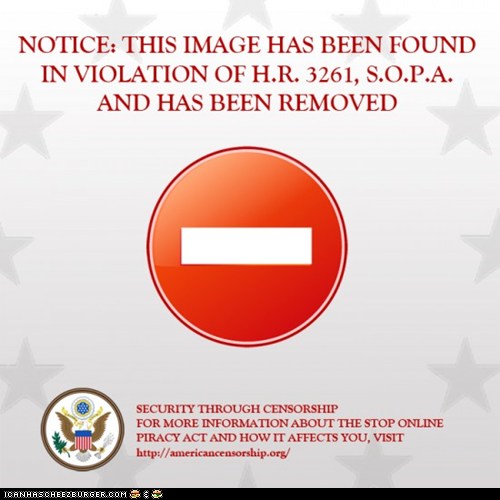
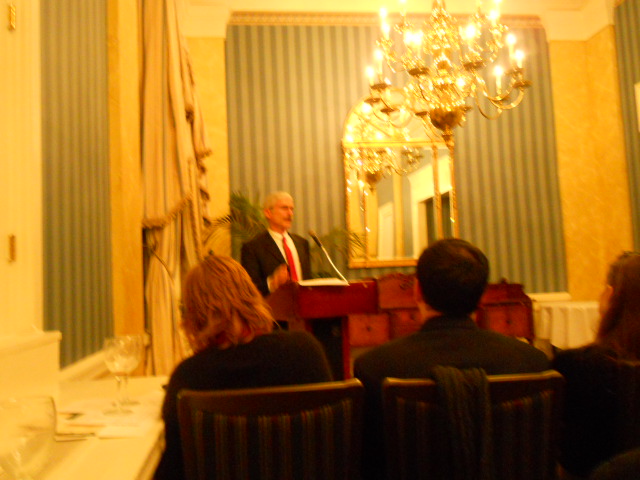
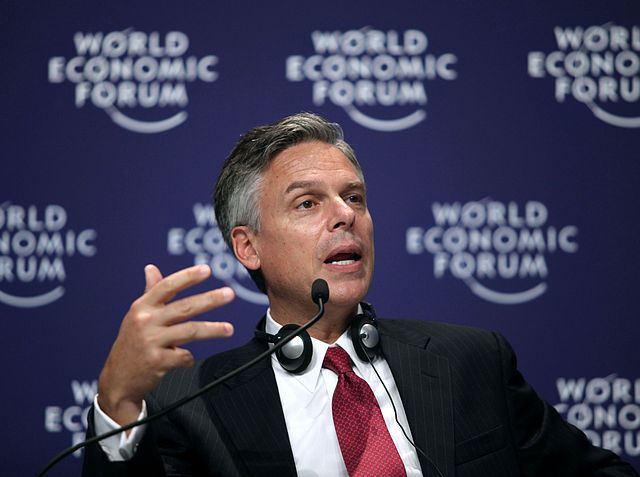
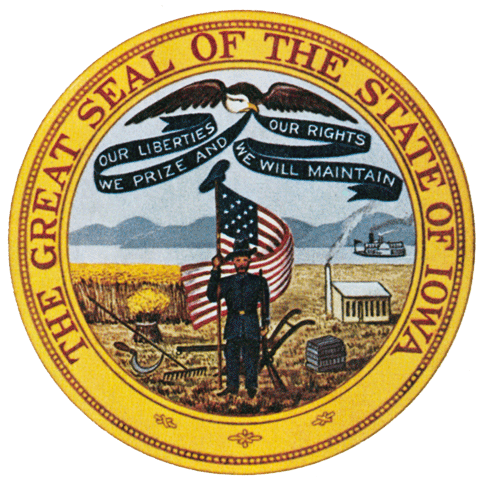
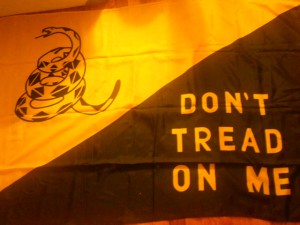

The Catholic Church in America, needless to say, has a very practical and down-to-Earth reason for supporting open borders: due to both poverty and propinquity, most of our current immigrants, legal and illegal, are from Latin America– and they arrive here, at least, overwhelmingly in the fold of the Roman Catholic Church. (Once away from their respective homelands, however, many of them drift away from it, either because they are not interested in religion, once the social pressure to be ostensibly Catholic is relaxed or removed, or because they actually prefer the intense nature of evangelical Christianity to the relative staidness of Catholicism.) The Church’s hierarchy in America believes– not wholly irrationally– that the future of the Church in America is tied to the rising tide of our Hispanic population. How the rest of us– including those non-Hispanic white Catholics who no longer choose to fill the pews of their local parishes on Sunday mornings (or Saturday evenings), much less during the week– may feel or be affected by that Third World influx is not at the top of the hierarchy’s concerns for the future. Having lots of poor and relatively devout (or, at least, superstitious) peasants who come mostly from a common culture in which social stasis and conformity to the authoritarian, and often-harsh, will of the (mostly white) upper class are ingrained in them, as if in their very DNA, is what appeals to the American Church, and to the sharp and very practical minds of its leadership. [DISCLAIMER: I have a beloved brother who is-- by choice, despite having been groomed for Church leadership at the Pontifical North American College in Rome-- a quasi-impoverished parish priest in a small town in El Salvador. I do not share his views on a number of issues, worldly and otherworldly, however, including, apropos of this blog entry, his sympathetic views on international migration.]
As for the Jews, Judaism has nothing to do with it– as one may note, if one merely looks at the restrictive immigration policies of the so-called Jewish state, the outsize power and influence of that state’s minority of religious Jews notwithstanding. Organized Jewry has been the leading proponent in this country of open borders since (at least) the late 19th Century. That support has everything to do with the worldview of the Jewish people, whether religious or secular: the more demographically divided a host country’s population is, the better it is for that country’s small Jewish minority. Whether a rabbi is citing the Torah, or a “New York Times” op-ed writer is waxing nostalgic about ancestors from Czarist Russia arriving at the Golden Door and passing through Ellis Island’s turnstiles, it is all window dressing for the same Jewish urge to live in a society in which no group is demographically cohesive enough to threaten the interests of the Jewish minority living in that society.
None of my Roman Catholic relatives ever joined the priesthood, although one of my late father’s cousins was tempted. Thankfully, he chose another path and decided to become a scholar of post-Stalinist Europe and a paleoconservative intellectual.
Ken Jowitt Interview
My brother met a lot of interesting– and occasionally famous– people as a result of his years in Rome. (That was in addition to the fact that his friend Coley O’Brien was the back-up quarterback– like the injured Terry Hanratty, just a sophomore– who led Notre Dame back from an early 10-0 deficit to tie Michigan State in 1966′s version of “The Game of the Century” and, then, led the Irish to a 51-0 rout over USC at the L.A. Coliseum, one week later, to secure the school’s first national football championship in thirteen years.) Many of his classmates from the Pontifical North American College are now bishops, with a couple of others being cardinals. The newish Archbishop of New York (and presumably another cardinal-in-waiting), Timothy Dolan, was one year behind my brother in Rome.
Ah, the Fighting Irish. The default college football team for New York’s Roman Catholics.
SPEAK OF THE DEVIL (SO AS TO SPEAK) . . .
***
“Two Americans are on today’s list, and neither a surprise, considering the positions they hold: Donald Wuerl, the Archbishop of Washington, D.C., and Raymond Burke, the former Archbishop of St. Louis.
“Burke is the head of the Apostolic Signatura in Rome, roughly the equivalent of the Vatican’s Supreme Court. He infuriated liberal Catholics during the 2004 election season when he said that John Kerry would not be welcome to receive communion in St. Louis because of his position on abortion.
“He has also said that Catholic politicians who have supported abortion rights and confused the faithful by doing so should repent and do public penance.”
[http://liveshots.blogs.foxnews.com/2010/10/20/pope-names-two-new-american-cardinals/?test=latestnews]
***
I saw (now-Prefect) Raymond (soon-to-be-Cardinal) Burke ordained in Saint Peter’s Square, on Sunday evening, 29 June 1975– alongside my own brother! The latter was just at a 35th-anniversary get-together in Rome with many of his classmates, including the two aforementioned cardinals, who hosted the rest. I would assume that Prefect Burke, as a local resident within the Vatican these days, was also there for the festivities in June.